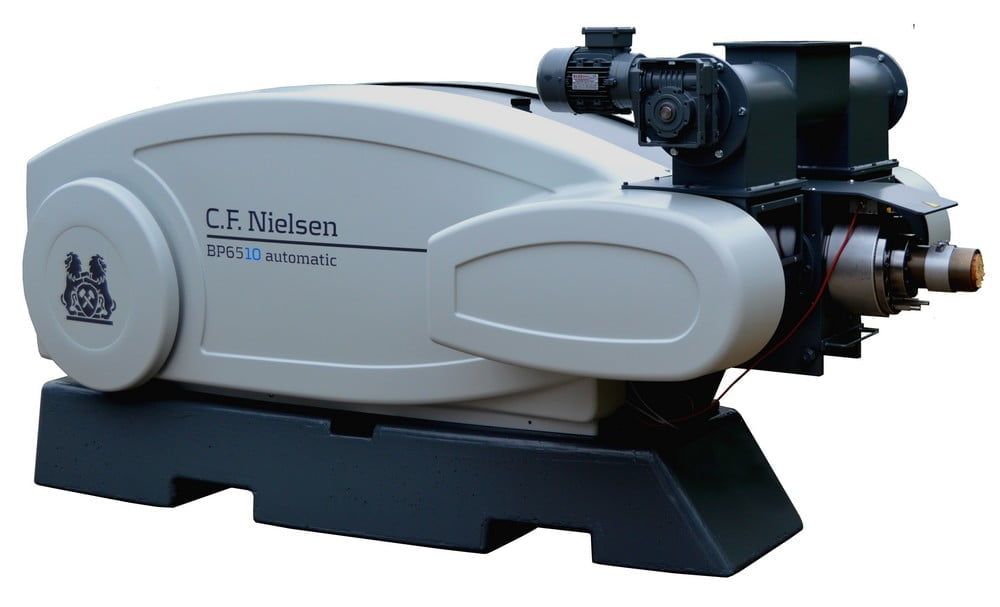C.F. Nielsen offers a large range of products for briquetting plants, as can be seen on the following pages.
We offer the widest range of briquetting presses, including other equipment such as saws, dosing silos, packaging and after sales service.
The latest addition to our product program is CFN Engineering. We are now offering this service due to an increase in customer requests. As a result, we are able to offer a complete range of equipment for complete briquetting solutions. We co-operate with different partners and the concept is only offered in selected markets.
However the basis for establishing a complete briquetting solution always starts with the press, where the following factors should be considered:
Below some characteristics of the different presses, which will guide you to select the right press.

However the basis for establishing a complete briquetting solution always starts with the press, where the following factors should be considered:
C.F. Nielsen is regarded and we want to be regarded at the world’s leading briquetting expert. Due to this we will be adding more technology to our product program during the coming year. The expansion of our range will include hydraulic and screw presses.
Below some characteristics of the different presses, which will guide you to select the right press.

Esben M. Vestergaard
Regional Sales Manager
Do you want us to contact you?
Please fill out the form and we will get back to you.